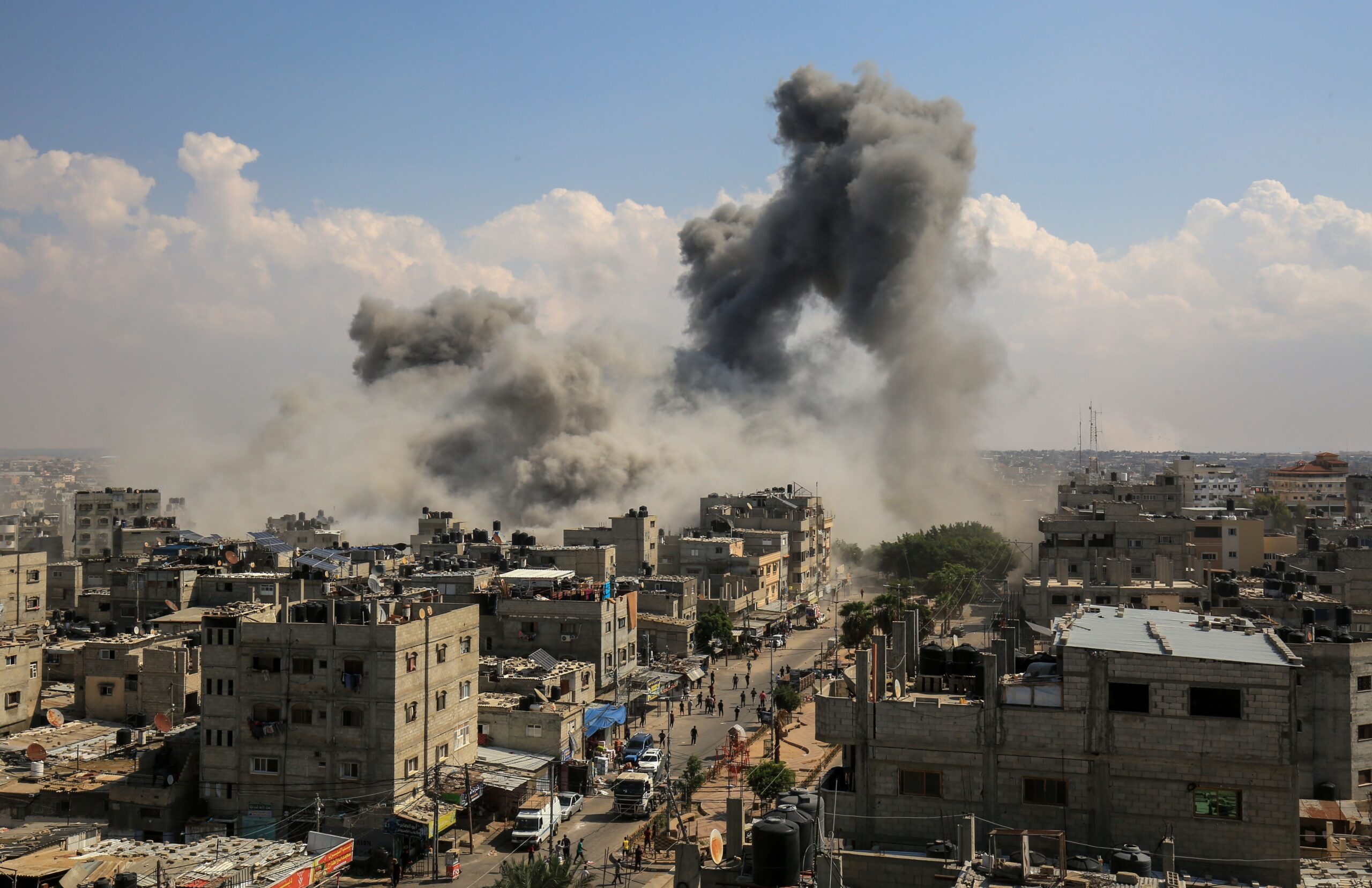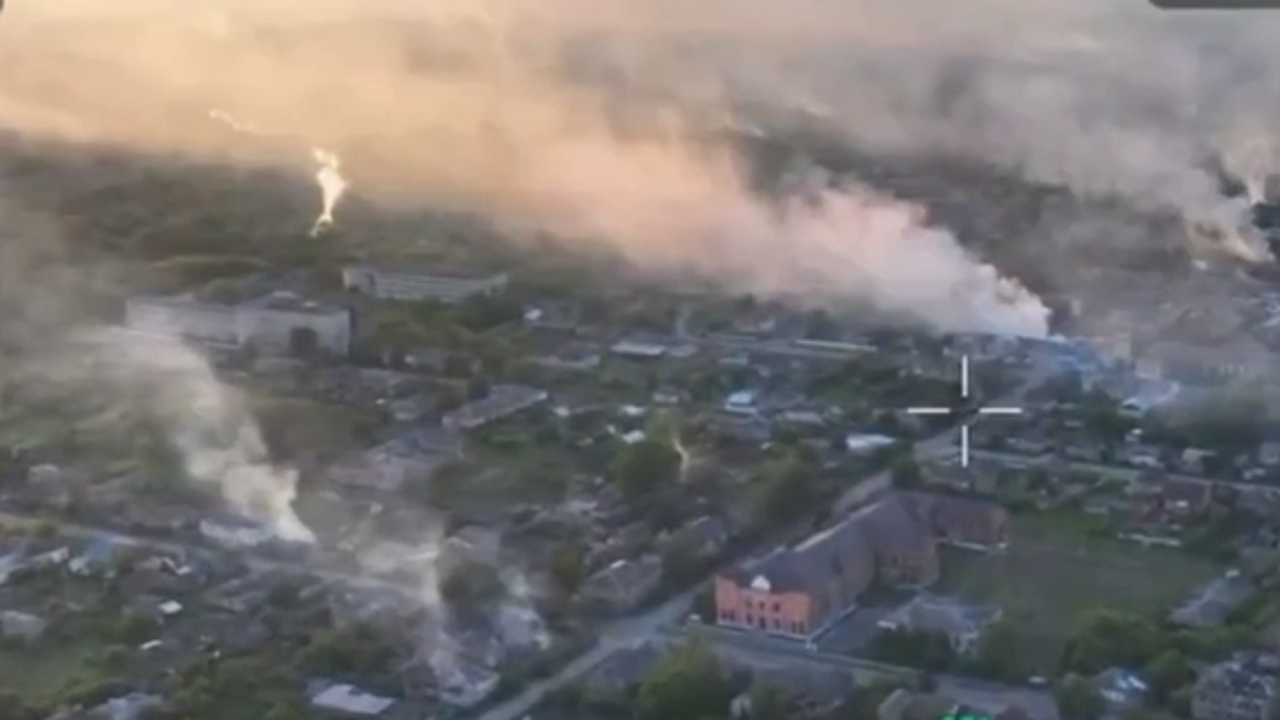[ad_1]
PARIS (Reuters) – President Donald Trump’s hawkish new approach towards Tehran, coupled with banking worries and domestic political turbulence in both countries, are causing growing uncertainty over Iran’s $36 billion deal to buy airliners from Boeing, Airbus and ATR.
IranAir’s decision to buy a total of 200 aircraft from the two giants and Franco-Italian turboprop maker ATR marked the zenith of a 2015 pact between Tehran and world powers to renew trade in exchange for placing curbs on Iran’s nuclear activity.
IranAir says its $16.5 billion deal with Boeing is the biggest with a U.S. company since the 1979 Islamic Revolution.
Such high stakes make the deals a prominent target for critics of detente in both Washington and Tehran, and experts say that could further frighten off European banks and others whose reluctance to provide finance is already a major obstacle.
Trump struck a blow against the nuclear agreement with Iran on Friday choosing not to certify that Tehran is complying with the deal and warning he might ultimately terminate it.
His Iran strategy angered Tehran and put Washington at odds with other signatories of the accord – Britain, France, Germany, Russia, China and the European Union – some of which have benefited economically from renewed trade with Iran.
While Trump did not pull the United States out of the agreement, he gave the U.S. Congress 60 days to decide whether to reimpose economic sanctions on Tehran that were lifted under the pact. Even without such sanctions, the fate of the aircraft deals depends on U.S. administration approval.
Several people involved in the airliner deals fear they have become too big to cancel but too sensitive to implement fully beyond a limited number of jets for which Iran has the funds to pay for in cash without foreign loans.
“I don’t see who would be willing to provide financing for Iran with such a negative groundswell in the United States,” said consultant and former aviation banker Bertrand Grabowski.
“INCREASINGLY DIFFICULT”
That raises immediate concerns for Boeing as it prepares to start building 15 long-range, twin-engined 777-300ER jets, originally due for delivery to Iran from next April.
The fate of those aircraft – part of a total order for 80 jets – is seen affecting jobs as Boeing tries to put a floor under declining production of one of its most profitable models.
“For the 777s it seems increasingly difficult now,” a Western banker said.
Unexpected hurdles have arisen on the Iranian side too. Financial sources say Boeing has already had to push Iran back in the queue for jets because it has yet to receive a deposit.
For now, Boeing can manage by juggling deliveries with other airlines. But a complete breakdown of the IranAir order could put new pressure on 777 production.
U.S. exports are not the only ones at stake.
Although the European Union backs the nuclear deal, the export of any Western aircraft to Iran depends on permits from the U.S. administration because of the number of U.S. parts.
That means Airbus could get caught in the crossfire between Boeing and Congressional critics who want the whole deal axed, something likely to deepen tensions over Iran with Europe.
Iran has so far imported nine aircraft: three from Airbus and six from turboprop maker ATR.
Losing the rest of Iran’s business would hit Airbus’s order book hard because it took the risk of booking all 100 Iranian plane sales last December to help beat Boeing in their annual order race. Boeing has not yet formally posted its orders.
INTERCONNECTED DEALS
Because the Airbus and Boeing deals are so interconnected, with approvals passing through Washington, all eyes are now on how Trump’s administration will treat the high-profile plane deals while kicking the broader nuclear issue to Congress.
Iran’s Foreign Minister Mohammad Javad Zarif said on Saturday any negative move would be considered a violation of the 2015 nuclear pact between Tehran and world powers.
Industry sources say Washington has so far issued licenses for aircraft sales to Iran until the end of the decade, after which they must be renewed.
Based on estimated delivery plans, that effectively opens the door to the 15 Boeing 777s and 30-40 Airbus jets, they said. Airbus and Boeing declined to comment on delivery schedules.
One source said a possible outcome was that the status quo would remain in place regarding licenses already issued, because of the political and legal consequences of revoking them, but that it would become harder to extend or obtain new ones.
If so, the fate of the second part of the IranAir deals could be pushed beyond the next U.S. election in 2020, even if the nuclear pact survives scrutiny in Congress until then.
And other airlines, like Aseman Airlines which has ordered 30 Boeing jets and may want to buy turboprops, face an uncertain wait for U.S. approval.
A Boeing spokesman said Boeing and IranAir continue to work on implementing the contract. Airbus declined to comment.
In Tehran, the aircraft deals remain center-stage as Iranian hard-liners seek to exploit the latest dispute with Washington to weaken domestic rivals who are open to the West.
“For Iran it is important that the deal remains intact… the failure of the (plane) deals will be a major blow for us,” said a senior Iranian official.
“Their collapse will have a domino effect on other deals and potential foreign investors.”
Additional reporting by Parisa Hafezi, Joel Schectman, editing by Peter Millership
[ad_2]
Source link






Leave a Reply